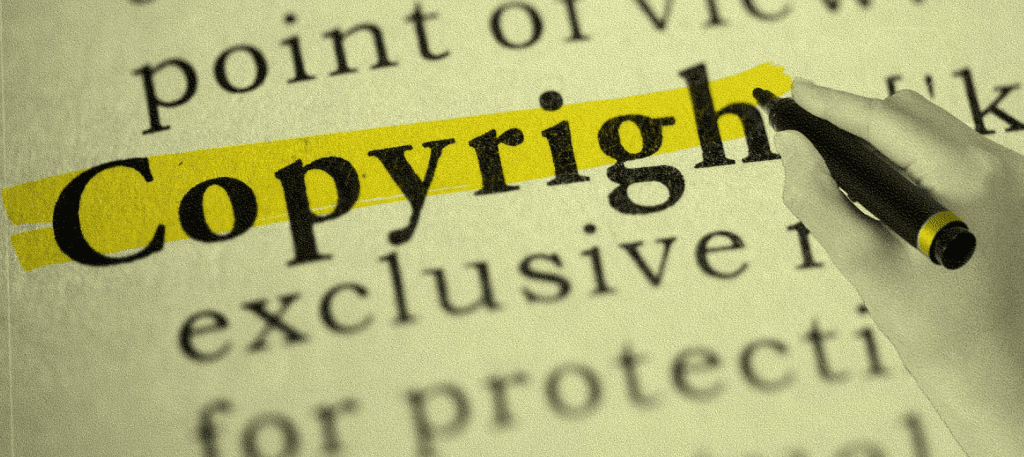In our ongoing series on digital content theft, we arrive at a subject that has long been at the forefront of intellectual property debates: copyright infringement. In the digital age, the ease of copying and distributing content has made protecting copyrights more challenging and enforcement more critical. This article provides a comprehensive understanding of copyright infringement, its implications, and the evolving landscape of digital piracy.
Understanding Copyright Infringement
Copyright infringement refers to the unauthorized use, reproduction, distribution, or display of copyrighted material without the permission of the copyright owner. Copyright protects original works of authorship, including text, music, images, software, and more. Types of copyright infringement include:
Digital Piracy:
- Unauthorized copying, downloading, or sharing of copyrighted digital content, such as movies, music, ebooks, and software.
Plagiarism:
- Unauthorized use of someone else’s written or creative work without proper attribution or permission.
Software Piracy:
- Unauthorized distribution or use of software, often through the illegal sharing of product keys or cracked versions.
How Copyright Infringement Works

File Sharing:
- The advent of peer-to-peer (P2P) networks and torrent sites has made it easy for individuals to share copyrighted content, leading to widespread copyright infringement.
Streaming:
- Unauthorized streaming platforms and websites offer access to copyrighted movies, TV shows, and music, bypassing legitimate distribution channels.
Digital Reproduction:
- Individuals may reproduce copyrighted materials, like books or artwork, without permission and then distribute or sell these copies.
Remixes and Mashups:
- While some digital creations fall under fair use, others may infringe on copyright when they use copyrighted material without permission.
Implications of Copyright Infringement
Legal Consequences:
- Copyright infringement can result in legal action, including fines and civil lawsuits. Repeat offenders may even face criminal charges.
Loss of Revenue:
- Copyright infringement affects content creators and copyright owners by undermining their ability to profit from their work.
Diminished Quality:
- When content creators don’t receive compensation for their work due to infringement, they may have less incentive to produce high-quality content.
Ethical Concerns:
- Copyright infringement raises ethical questions about respecting the creative and intellectual efforts of others.
The Evolving Landscape of Digital Piracy
Online Streaming Services:
- Streaming services like Netflix, Spotify, and Amazon Prime Video offer convenient, affordable access to a vast library of content, reducing the incentive for piracy.
Anti-Piracy Measures:
- Copyright owners and law enforcement agencies have taken steps to combat piracy, leading to the shutdown of many torrent sites and legal action against prolific infringers.
Rise of Legal Alternatives:
- Legal platforms like YouTube, which offer revenue-sharing options to content creators, have provided a more sustainable model for digital content distribution.
Licensing and Partnerships:
- Content creators and copyright owners have explored licensing and partnerships with digital platforms, expanding their reach while retaining control over their intellectual property.
Conclusion
Copyright infringement is a complex issue at the heart of digital content theft. As technology evolves, the line between what constitutes fair use and what constitutes infringement can be blurry. Understanding the implications of copyright infringement, both legally and ethically, is essential in an era where digital content is easily accessible and shareable. While challenges persist, the landscape of digital piracy is evolving, offering legitimate alternatives for both content creators and consumers. Respecting copyrights and supporting legal content distribution is not only a legal obligation but also a means to ensure the continued production of high-quality creative works in the digital age.


Recent Comments